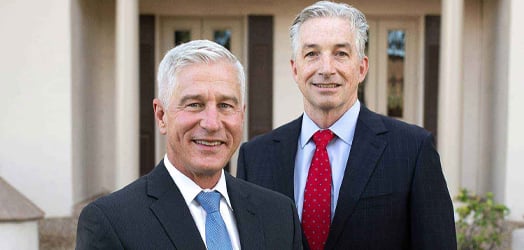In a prior post, we highlighted an article predicting that self-driving cars could be seen by the end of this decade, with sales of such cars growing steadily through 2029. Among the questions posed by the introduction of this new technology is who could, or would, be held responsible if a driver-less car is involved in an accident. Indeed, cars may ostensibly be safer, and fewer crashes may occur. But when technology is incorporated to complete or monitor tasks that humans ideally would, it brings new products liability questions that must be answered.
A recent report by the Brookings Institute could provide some insight. Essentially, the existing framework of our legal system can adapt to answer the liability questions that will inevitably come about, but any liability issues should be resolved by using the following principles:
No pre-emption from Congress – Initially, Congress should allow each state to adjudicate liability disputes according to their own state law. It is more likely that individual states will be better equipped to handle state-based disputes under their own laws.
Federal standards may follow suit – These standards should lead to uniform guidelines for safety, so that a deviation from them can be viewed as a breach of the duty to use reasonable care in the installation and maintenance of driver-less vehicle functions. If there are uniform standards, they should first apply to commercial vehicles that travel between states.
Ultimately, resolving product liability questions should not be a barrier to introducing self-driving cars to the marketplace.
Source: Brookings.edu “Who pays for a car accident when there is no driver?” Joshua Bleiberg, April 28, 2014


